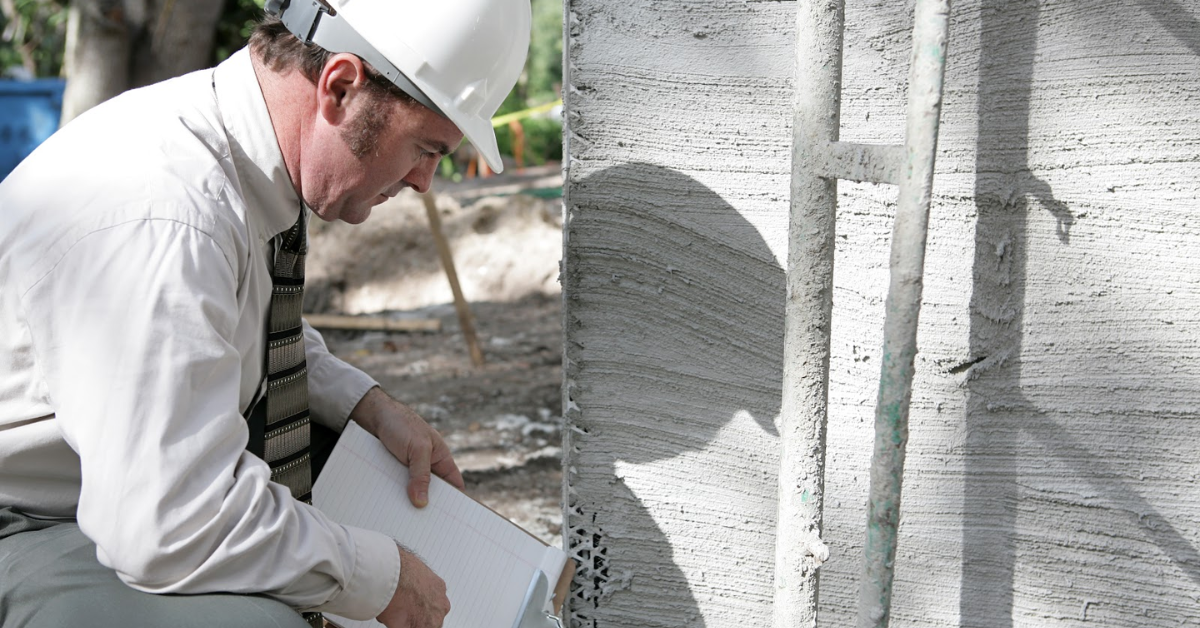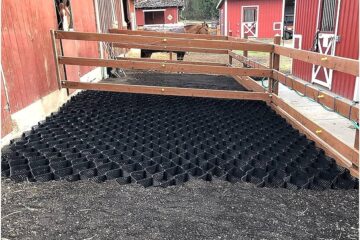Do you want to schedule a structural engineer inspection but are still confused about what would be inspected during the process?
Well, it’s common.
Grasping the word only “structural engineer inspection,” many homeowners think that only the property’s structure will be inspected during the inspection. Fair enough to presume, but it’s not the case. There’s a lot more that this inspection has to offer.
Besides recording the current state of your property, the inspection also offers an informed opinion on the sturdiness and durability of the house. With these inspections, you can learn what a structural engineer in Houston would look out for, saving your future expenses.
Moreover, unlike a general home inspector, a residential structural engineer in Houston will address the same problems related to the property’s structure (and more).
But, being curious about what these engineers will assess during the process is justified. And we will be catering to that in this blog.
In this blog, we’ll discuss the major structural engineer checklist and what the inspector will assess to help you make informed decisions.
Soil
You might already be aware that the major structural issues arise from the ground up (quite literally).
The type and quality of the ground on which these houses are built directly affects the house’s longevity.
Yes, it’s possible to predict the soil’s movement to a point, but various factors can still impact that. Factors like weather, saturation, or compaction.
Furthermore, you can expect a minimal settlement during the first three years of the house’s existence. And so, there can be undesirable issues coming to the surface. So, in the process of structural inspections, the structural engineer in Houston tends to be aware of any issues with the soil. This helps them indicate any major issues and errors.
Foundation
When we talk about a house’s structure, its foundation is the very factor that comes into our heads.
Many homeowners start worrying when they witness tiny cracks as hairlines in their concrete foundation. If you’re one of those, just take a deep breath; that is nothing to worry about. But, if there’s a larger crack than a quarter of an inch, then it’s better to investigate further,
Yes, the foundation does play an important role in the structure of your house, so you don’t want to delay an inspection. Do you? Think first before answering because delaying an inspection can worsen the issues.
The foundational crack might be small but can still pose major issues with costly expenses shortly. So, before these issues become quite expensive, it’s ideal that you schedule an inspection. During the process, a residential structural engineer in Houston will also inspect your house’s foundation. So, you can rest easy there.
Crawl Space
This is another area in your house that needs a thorough inspection. Whether you have a crawl space or a basement, each must be in the structural engineer’s inspection checklist.
The issues they may identify might mostly relate to the water damage and what needs to be inspected. If they find any major issue or source of moisture, then they’d recommend an additional inspection, such as a mold inspection.
Moreover, the highlighted issues must also be catered by you and you shall take prompt actions to find and fix the problem’s source.
Interior Plumbing
A residential structural engineer in Houston will also observe the pipes, specifically their connectors. What might surprise you here is that even the least expected leaks will have damaging consequences if you don’t identify and treat them ASAP.
Furthermore, infiltration is another factor that must not be overlooked as it can majorly impact the building materials. It can actually weaken them considerably and can also lead to mold damage.
Ceilings
If you’ve inspected the bottom of your house, then there’s no way you’re leaving out its top. Just like the foundation, the ceilings are also well-deserving of your attention. And the cracks in your ceilings can also be a concern for you.
Covering them with a new coat of paint is not a solution.
If your ceilings are sagging, that is already a sign of distressed frameworks. Even the slight cracks around the corners of your ceilings are a bad sign.
Roof and Attic
Roof and attic are another major area of concern that you must inspect during the structural engineer inspections.
One of the most common indicators of a compromised structure is a sagging roof at the center or the end. And you don’t need us to tell you how important the roof is for your house. It’s the shield and layer of protection that must not be taken lightly.
So, once you schedule a structural inspection, expect the roof and attic in the inspector’s checklist.
You should prepare for this inspection in advance by cleaning gutter debris and handling the tree overgrowth. This helps ensure good structural visibility for your structural engineer in Houston.
Exterior Walls
You can notice the damaged or faulty framework of your house from the outside, too. And the warping walls are the major indicators of that.
In this case, the issue can be hidden in the construction of the wall, or it can have some underlying cause. Whatever the case is, it’s important to thoroughly assess the condition of the exterior walls.
Some major issues that you might uncover are:
· Incomplete connection in the house’s frame
· Damaged load-bearing walls
Conclusion
In conclusion, adding all of these to your structural engineer inspection will elongate the process, but considering each component’s significance, that’s the only smart move.
It’s better to acknowledge these issues sooner and handle them correctly than to find out about them later and cry over the spilled milk.
And this is why it’s ideal to schedule an inspection with a structural engineer in Houston. These professionals are experts whose mere interest is in providing your building safety and protection.
If you’re looking forward to hiring a trained and experienced residential structural engineer in Houston, then Greenworks Inspections is there to help you.
They help you spot small issues before they escalate and become major ones. While also providing you with a recommended game plan that you can use to meet the overall project objectives.
You May Also Like: Why Environmental Consulting is Important in Dallas



